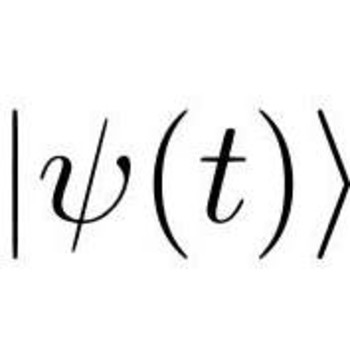What is the Ideal gas law?
1 Answer
The ideal gas law states that
Explanation:
The ideal gas law gives the relationship between a substance's mass, volume, its current temperature, the amount of moles of the substance, and the pressure it is currently in, by a simple equation.
In my words, I would say that it says that:
The product of the pressure and volume of a substance is directly proportional to the product of number of moles and the temperature of the substance.
For the symbols:
Note that no ideal gases are found to exist, but we can still use this equation for real-life gases, as they behave like ideal gas at low pressure and temperatures. But remember that, in real life, no gas will perfectly obey the ideal gas law.

